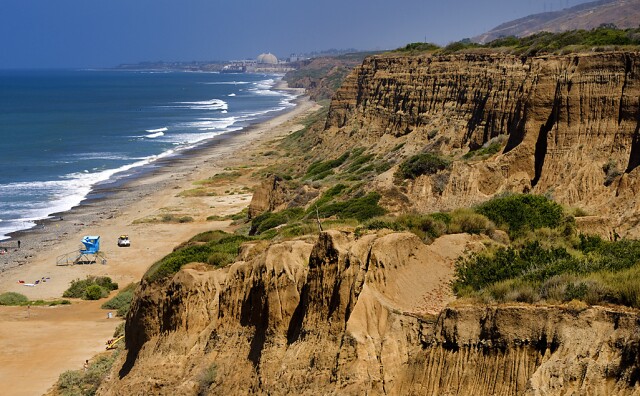More Than 3 Million Californians Can't Afford Or Access The Internet

While 91% of California households have internet service, an estimated 3.5 million people remain disconnected, according to new findings released Thursday.
Cost is the main barrier to internet service, according to researchers who gave a briefing on Thursday. Residents spend an average of $83.60 per month on broadband, though people who live in rural areas pay about $5 more. Low-income households on average pay $69.40 per month, likely due to discounted service programs and lower speed/lower cost service plans.
The 2023 Statewide Digital Equity Survey from USC and the California Emerging Technology Fund (CETF) provides the most up-to-date picture of broadband adoption across the state and helps inform policy decisions at the local and state levels.
Nearly 1 in 3 respondents say home broadband services are either not available or not adequate where they live. Residents can look up their address on the state’s interactive broadband map to review and report internet speeds and available service. The Federal Communications Commission just published an updated national version, though it’s been criticized in the past for relying on incomplete data from internet companies.
In terms of service reliability, L.A. County customers rank Verizon and Frontier higher, while AT&T and T-Mobile receive lower ratings.
Meanwhile, ratings for customer service are generally low across all providers, but are “particularly low” for Frontier and Comcast, according to the survey.
-
At magnitude 7.2, buildings collapsed
-
Now spinning in front of Santa Monica apartments
-
Advocates seek end to new LAUSD location policy
“There are a lot of areas that have very limited competition for high-speed broadband,” said lead USC researcher Hernan Galperin. “Without competition, we know that prices will not go down as they should because there's just no incentive.”
Galperin explored concerns about whether internet companies were “cherry-picking” areas for upgrades to fast broadband services in a 2019 study. He found that between 2014 and 2017, the whiter, wealthier communities in Glendale went from about 50% of areas with at least two options to 100% choice. About 60% of Glendale was upgraded to fiber, which is about 20 times faster than regular cable internet.
Meanwhile, the same data showed predominantly Black and Latino communities in South LA, Watts and Compton saw no increase in competition and remained a “fiber desert” throughout the 2014-17 period.
-
The severe lack of family friendly housing has millennial parents asking: Is leaving Southern California our only option?
-
As the March 5 primary draws closer, many of us have yet to vote and are looking for some help. We hope you start with our Voter Game Plan. Since we don't do recommendations, we've also put together a list of other popular voting guides.
-
The state's parks department is working with stakeholders, including the military, to rebuild the San Onofre road, but no timeline has been given.
-
Built in 1951, the glass-walled chapel is one of L.A.’s few national historic landmarks. This isn’t the first time it has been damaged by landslides.
-
The city passed a law against harassing renters in 2021. But tenant advocates say enforcement has been lacking.
-
After the luxury towers' developer did not respond to a request from the city to step in, the money will go to fence off the towers, provide security and remove graffiti on the towers.






